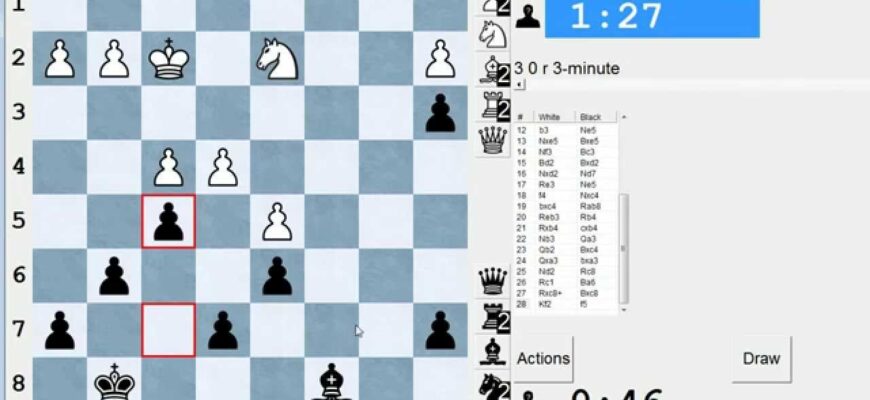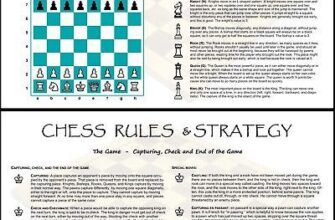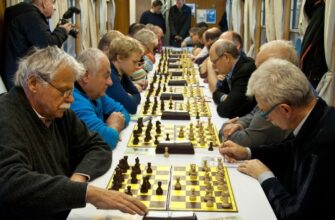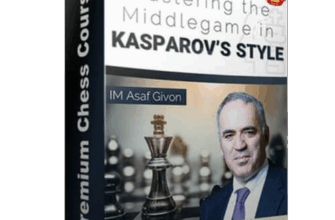In an era where attention spans are measured in seconds and schedules are perpetually overbooked, even the ancient game of chess finds itself at a crossroads. How does one preserve the intellectual depth of a standard game while accommodating the demands of modern life? FIDE, the international chess federation, believes it has found a pragmatic answer: the “Fast Classic.”
The Enduring Dilemma: Time vs. Strategy
For decades, “standard” or “classical” chess has been the ultimate test of a player`s strategic prowess, patience, and stamina. Games often span four to six hours, sometimes even more, demanding unwavering concentration for extended periods. This format, while revered by purists and professionals, presents significant practical hurdles.
Consider the amateur player, passionate but constrained by work, family, and other commitments. Committing an entire day, or even several days, to a single tournament round can be an insurmountable barrier. Even for organizers, scheduling these marathon events requires considerable logistical gymnastics, often limiting the number of rounds per day and thus extending tournament durations.
The challenge is clear: how do we make the profound beauty of classical chess accessible without diluting its essence? It`s a bit like asking a gourmet chef to serve a five-course meal in thirty minutes – a delicate balance of speed and substance.
Introducing the “Fast Classic”: A Pragmatic Compromise
FIDE`s new pilot project, dubbed “Fast Classic,” represents a bold, yet carefully considered, step towards reconciling these conflicting demands. The proposed time control is straightforward: 45 minutes per player, with an additional 30 seconds increment per move from move one. This setup is designed to offer a substantial strategic experience, far beyond the rapid-fire tactics of blitz or rapid chess, yet compact enough to be manageable.
Unlike existing standard time controls, which can range from 60 to 120 minutes per player (plus increment) depending on player ratings, the Fast Classic aims for a sweet spot. It`s long enough for players to formulate complex plans, execute multi-move combinations, and navigate intricate endgames, but short enough to conclude a game typically within two hours. This efficiency means organizers can realistically schedule two rounds in a single day, significantly reducing the overall length of tournaments.
The “Why Now?” – Modernity`s Imperative
The impetus for the “Fast Classic” isn`t merely theoretical; it stems from a palpable demand within the global chess community. Players, from club level to aspiring masters, have increasingly voiced a desire for serious competitive formats that fit into modern, busy lifestyles. Oleg Skvortsov, a prominent chess patron and organizer, was among the early proponents, recognizing the need for events where rounds could be completed in 2-3 hours.
This initiative is about broadening participation and keeping chess relevant. By lowering the time commitment, FIDE hopes to:
- Attract more players: Making standard-rated play accessible to those who simply cannot afford the time sink of traditional classical events.
- Boost tournament frequency: Shorter rounds allow for more tournaments, potentially increasing the number of rated games played globally.
- Enhance spectator experience: Faster-paced games, while still deeply strategic, might offer more decisive outcomes and maintain audience engagement more effectively than prolonged stalemates.
Testing the Waters: The Pilot Project
Recognizing the significance of this shift, FIDE is approaching the “Fast Classic” with methodical caution. The concept is being rolled out as a pilot project, with three key tournaments designated to test its efficacy:
- The Qatar Cup (September 7–13)
- The QCA Training Center September Tournament Classical (September 25–27)
- The prestigious Women`s World Team Championship (November 17–24)
These events will operate under standard rating rules but with two crucial distinctions. Firstly, no title norms will be awarded in these pilot events. This prudent measure ensures that the integrity of established Grandmaster and International Master titles, traditionally earned in lengthier classical formats, remains untouched during this experimental phase. Secondly, organizers are limited to scheduling no more than two rounds per day, acknowledging the cognitive demands on players even in this condensed format.
A Legacy of Adaptation
Chess, for all its timeless appeal, has never been static. From its ancient origins to the introduction of clocks, and then digital clocks with increments, the game has consistently adapted to technological advancements and societal changes. The “Fast Classic” is not a deviation from this tradition but rather a continuation of it – a logical next step in ensuring chess remains a vibrant, competitive, and accessible intellectual pursuit for generations to come.
Following the conclusion of these pilot events, FIDE has committed to a thorough analysis of the outcomes. Feedback from players, arbiters, and organizers will be meticulously gathered and evaluated before any decision is made regarding the broader implementation of “Fast Classic” as a permanent fixture in the standard rating landscape. This careful, data-driven approach underscores FIDE`s commitment to responsible innovation.
Whether the “Fast Classic” becomes a cornerstone of competitive chess or merely a fascinating experiment remains to be seen. What is clear, however, is FIDE`s willingness to engage with the evolving demands of its community, striking a delicate balance between preserving chess`s profound heritage and ensuring its dynamic future.








